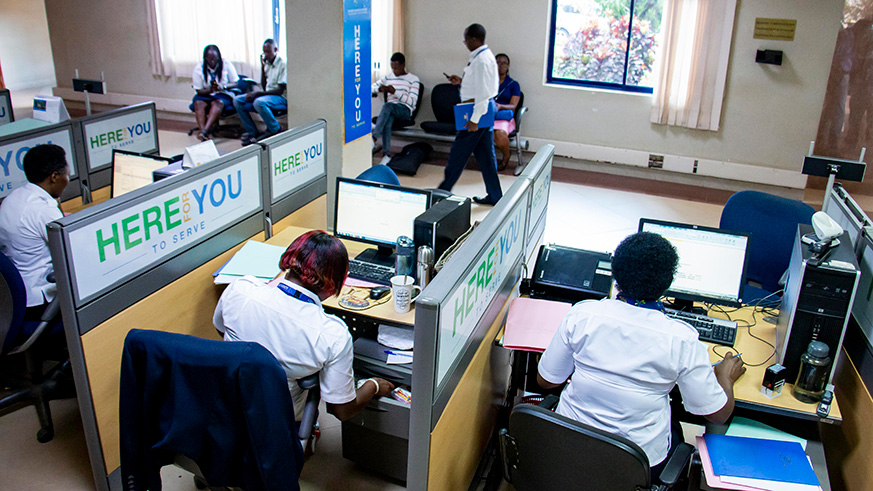

The government is considering levying Value Added Tax (VAT) on digital services including streaming services such as Netflix, the global streaming service.
According to information from Rwanda Revenue Authority (RRA), the proposal is currently with the Ministry of Finance and Economic Planning from where it will undergo several procedures before it can start to be implemented.
In this article, The New Times talked to some tax law experts for their take on the move.
Dieudonne Nzafashwanayo, a tax lawyer working with ENSafrica as a Senior Associate said the VAT levy is a fitting one, since the principle of destination dictates that VAT must be charged in the country where consumption takes place.
However, he called upon RRA to put in place simplified registration and compliance mechanisms that will ensure that the companies will not be faced with a "compliance burden.”
In addition, he advised that as the government adopts VAT on digital transactions, it should consider excluding amateur transactions for example peer-to-peer or consumer-to-consumer purchases and sales via collaborative platforms such as Facebook and Instagram, since these are critical to the informal part of the country’s economy.
"Another aspect that’s worth emphasizing as African countries roll out VAT on cross-border digital transactions is international cooperation in VAT collection, since foreign suppliers may not comply, yet they don’t even have assets to be seized in the country of taxation,” he said.
"There exists a number of international instruments in this regard, the main one being the OECD (Organisation for Economic Co-operation and Development) Convention on Mutual Administrative Assistance in Tax Matters (MAAC). Rwanda has signed MAAC and the ratification is underway,” he added.
He proposed that in case African countries start levying VAT on services provided by non-residents, they should also cease charging it on the services provided by their own residents to the people of other countries.
"African countries should ensure consistent application of the principle of destination by not trying to charge VAT on services supplied by their residents to non-residents. Otherwise, it would be double standard,” he noted.
In an interview last week, Jean-Louis Kaliningondo, the Deputy Commissioner General at RRA said that before the country starts implementing the VAT levy, an impact assessment will be done to find out what effect it will have.
Here, for instance, he noted that they don’t want the VAT to cause a break in the penetration of digital services in the country.
A member of the Rwandan Block Chain Community, who spoke to The New Times under conditions of anonymity reckoned that the VAT may cause an increase in prices of digital services, and thus, he said he does not support the idea.
"For example, if the VAT is 25 percent of a 10000 Rwf monthly cost. A leisure activity that will become +25% more expensive might demotivate many and repulse those who would think of signing in,” he said.
Angello Musinguzi, a Senior Tax Manager KPMG East Africa Accounting Organization said the move will boost the country’s tax collection, but said there is need for tools to execute it well.
"Taxation of digital services will increase tax collection. Developed countries get more taxes from digital taxation,” he said.
"There is a need for awareness, amendment of laws and networking with telecom companies. Telecoms are gateways for digital taxation,” he added.
It is expected that more and more African countries will attempt to implement similar taxes given the growing importance of digital services, e-commerce and e-payments on the continent.


